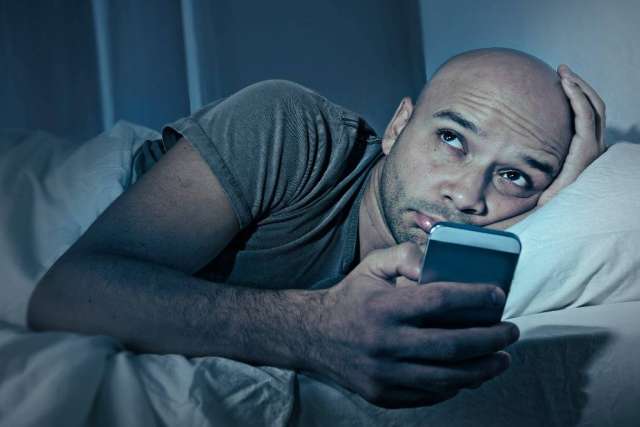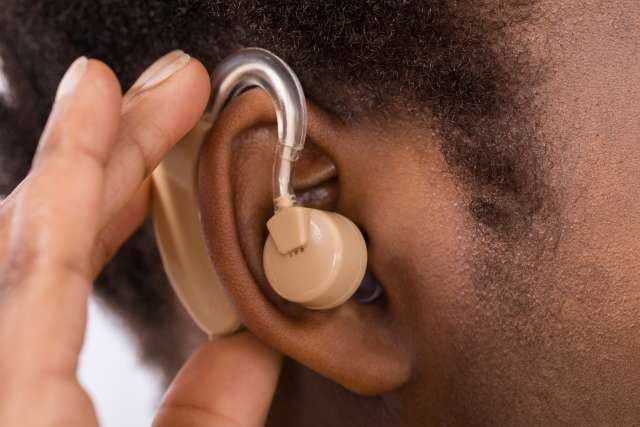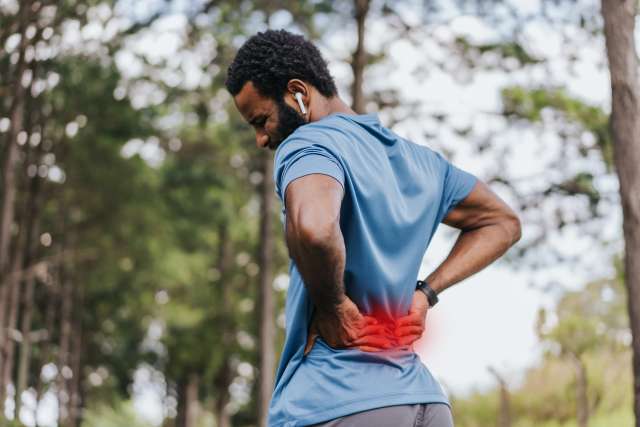Dear Doctors: I had this scary episode happen where all of a sudden, it felt like the world wasn’t real. My heart was racing and I thought I was going to pass out. The friend I was with said it was probably a panic attack. Is there any kind of treatment? I really don’t want that to happen again.
Dear Reader: Not a day goes by in our practices without there being a discussion about anxiety or panic with at least one of our patients. In fact, the data collected by internet search engines shows that searches for the keywords “anxiety” and “panic,” which began to rise in March, have surged in recent weeks. Considering the length of time we have all been dealing with the many uncertainties of life during the pandemic, as well as the social isolation that it has caused, it’s not surprising that the rigors of this strange new normal are taking a psychological toll.

From what you described, it does sound like you had a panic attack. These often occur as an acute manifestation of anxiety. In addition to major life stresses such as a grave illness, job loss or the death of a loved one, people with a family history of anxiety disorders may be at increased risk of experiencing a panic attack.
The symptoms, which appear suddenly, include the rapid heartbeat and shortness of breath that you described. Additional symptoms include sweating, heart palpitations, chest pain, weakness, chills, nausea, stomach pain, numbness in the fingers or hands and trembling. For many people, a panic attack is accompanied by an extreme emotional or psychological response, which can include the feelings of unreality and disconnection that you experienced. People also report feelings of looming peril and of hopelessness. Most share your distress at the thought of having to navigate another panic attack in the future.
The first thing to know is that no matter how intense the experience, it’s temporary. If you should find yourself having another episode, try closing your eyes, bring your awareness inward and focus on taking deep, steady breaths. Breathe in deeply through your nose, to the bottom of your lungs, hold your breath for a beat or two, and then breathe out just as slowly. Some people find it helpful to count from one to five on each inhale and exhale. Be careful not to hyperventilate, which can make you feel worse.
Although a panic attack is frightening, it’s not dangerous. However, due to an overlap in symptoms with other health problems, such as a heart attack, getting a professional opinion is important. In addition to breathing techniques, many people find cognitive behavioral therapy, yoga and mindfulness to be helpful. Lifestyle changes, such as getting regular aerobic exercise, spending time in nature and steering clear of caffeine, nicotine, alcohol and recreational drugs, can make a difference.
If you continue to struggle with panic attacks, your doctor may prescribe anti-anxiety medications. Some of these can be addictive, though, and some have potential for abuse, so we discourage taking that path unless all other approaches have failed to bring relief.
(Send your questions to [email protected]. Owing to the volume of mail, personal replies cannot be provided.)





